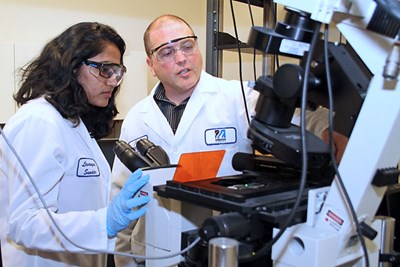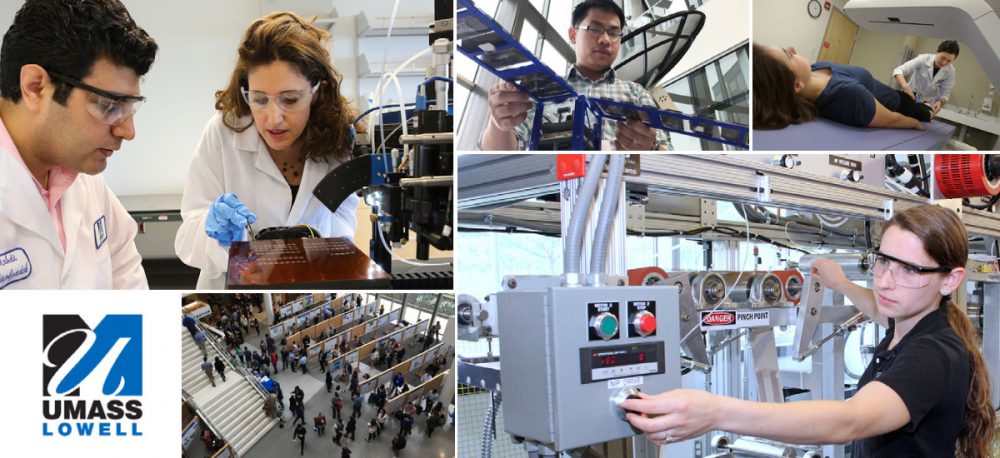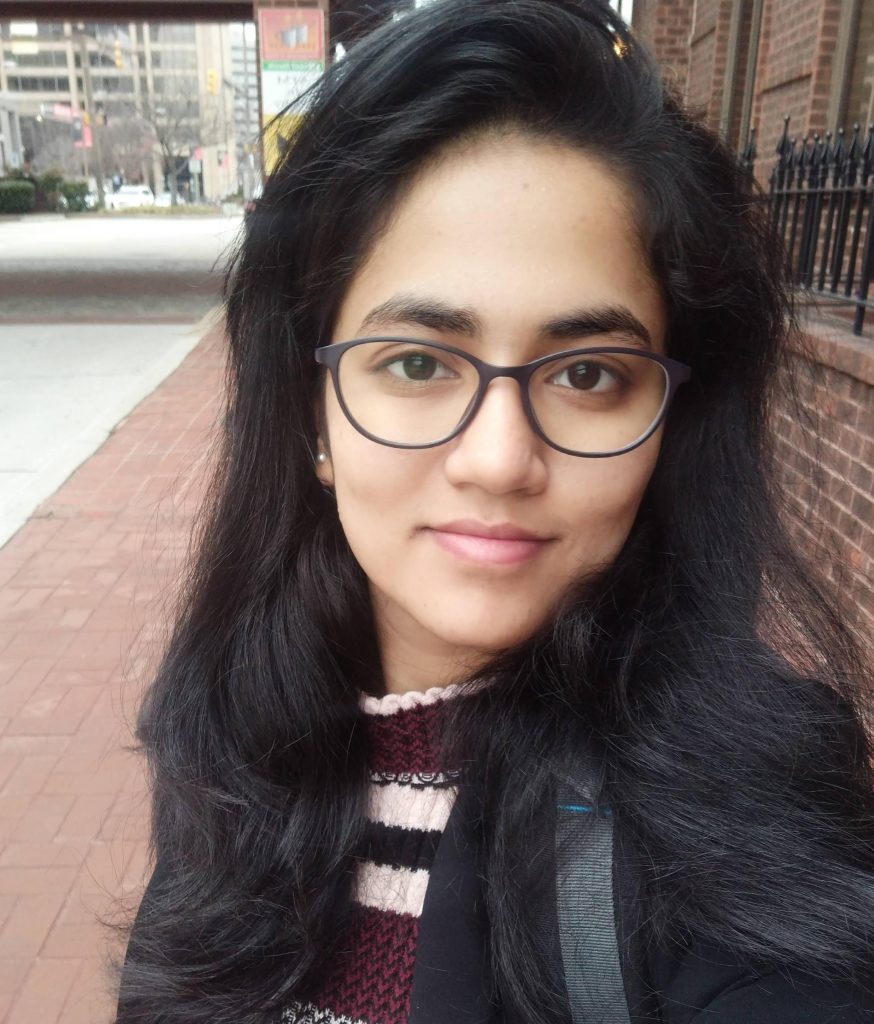Dilated cardiomyopathy (DCM), a heart disease in which the wall of the left ventricle becomes much thinner than that of a normal heart, decreases the blood that is pumped from the heart to other organs and eventually leads to heart failure. DCM affects one in 250 individuals and is known to be the number one cause for heart transplantation in the United States.
“I was interested in conducting research in this area because DCM affects so many people, and the disease often goes unnoticed,” says SaiLavanyaa Sundar, doctoral student in Biomedical Engineering and Biotechnology.
Sundar is currently studying protein interactions at the molecular level in order to help understand the molecular mechanisms that may lead to DCM. Cardiac muscles consist of several proteins that interact in a systematic manner to result in contractions that pump blood from the heart to the rest of the body. Previous research has shown that mutations in the proteins, tropomyosin and troponin, lead to alterations in muscle contractility which leads to DCM or other types of cardiomyophathies.
Looking specifically at tropomyosin and troponin, Sundar identified a hydrophobic pocket, a binding site, where specific compounds could be added to counteract the mutations that cause DCM, whereby restoring normal heart function. Working with partners at Boston University, Sundar uses molecular dynamic simulations to screen different naturally identified compounds, such as those derived from plants, to find those that not only have a strong binding affinity to the pocket, but also the ability to affect muscle contractility. So far, a compound commonly found in mulberry trees shows promise.
Sundar continues to screen compounds and to test them in vitro, meaning her project is still very much in its beginning mechanistic stages. Having been recently awarded an American Heart Association Predoctoral Fellowship worth more than $62,000 over two years, Sundar is grateful to continue her research. With her findings, Sundar hopes to eventually work with partners at Yale University to test the promising compounds in real cells in engineered heart tissue.
Ultimately, by focusing on the molecular scale for diseases such as DCM, Sundar hopes for a future culture shift towards disease prevention rather than treatment. “Right now, most medicine is targeting the symptoms rather than the cause of the disease. What we are trying to do is dial into the molecular level and alter those interactions before the disease progresses. If we can identify the mutations at early stages, then potential drugs could be used as molecular interventions to stop the disease in the first place,” says Sundar.
And though these are lofty goals, Sundar has already shown great success and promise toward contributing to the cause. At such an early stage in her education and career, Sundar has gained invaluable experience working with Prof. Jeffrey Moore in the Department of Biological Science on his project studying hypertrophic cardiomyopathy, has published five papers (two of which she was the first author), and has won multiple UMass Lowell awards including the Graduate Winner in the 2021 Student Research and Community Engagement Symposium, 2020 Outstanding Graduate Student Award in the Department of Biological Sciences, and the 2019 Stephen R. Williams Award for Excellence in Graduate Research.
“The awards and recognition that I have earned at the university level and even at the national level have been a huge boost and validation of my research. Also, as an international student, the support I have received from the members of the Moore Lab and the UMass Lowell community has helped me survive halfway across the globe away from my family,” says Sundar.


